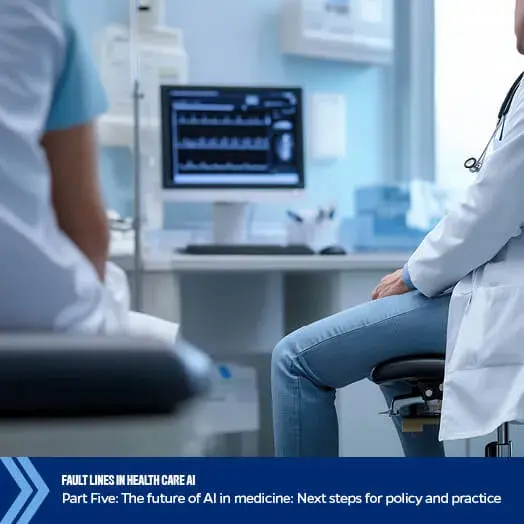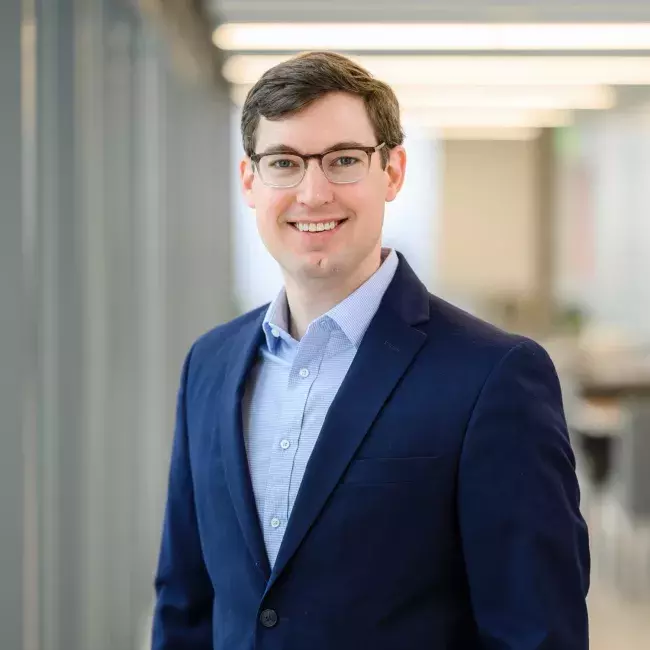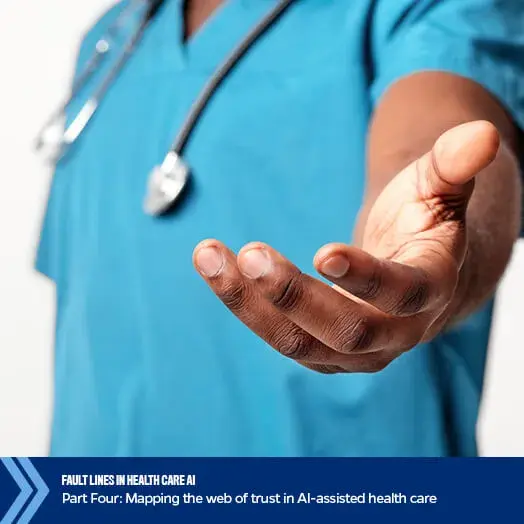Carey alums launch company to tackle the high cost of insulin and produce synthetic insulin cost-effectively at scale.
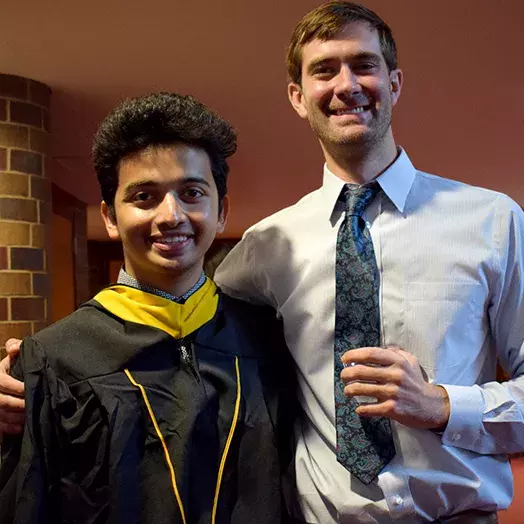
Carey alums launch biotech company, aim to lower price of synthetic insulin
Some Johns Hopkins Carey Business School students collaborate on class projects. Others launch startups aimed at revolutionizing the biomedical and manufacturing industries.
Cameron Owen (MS in Health Care Management ’18) and Pratik Pradhan (MS in Health Care Management ’18) met in their Carey courses, built a friendship, and together hatched an idea to tackle the high cost of insulin with the goal to produce synthetic insulin cost-effectively at scale.
Along with a third co-founder, Debanjan Dhar, an assistant professor of medicine at University of California San Diego, they founded rBIO. The biotech startup aims to upend insulin production and diabetes treatment. By genetically modifying microbes, they are hyper-producing insulin, making it more affordable for patients.
Owen and his team approach encoding microbes like a computer programmer codes software. By writing genetic code to eliminate genes unnecessary for insulin production and select for those of interest, they can transform billions of common microbes into a massive insulin factory.
They see themselves as innovators in the biopharma sector, pushing larger biotech companies to innovate as well.
“Smaller companies tend to be the drivers of innovation,” Owen said. “The market leaders in insulin production have the infrastructure, the people, and a proven model. For them, insulin is a cash cow and they have little reason to change. It’s rBIO and the hundreds of other biotech startups are the ones really advancing the science. We’re effectively the R&D departments of big pharma.”
What to Read Next
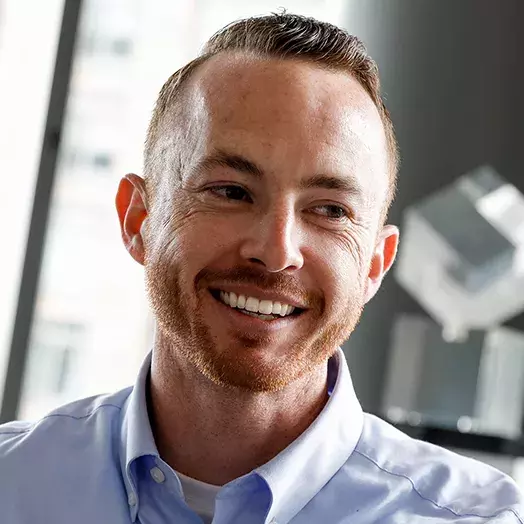
Article
Alumnus at forefront of value-based careBusiness school for better biology
Owen credits Carey Business School for being the right incubator to begin taking the idea for the company and making it a reality.
“At my [Carey] orientation, I remember the dean standing up and saying, ‘your network is your net worth,’” Owen said. “I probably could have graduated right there.”
Owen spent his master’s degree and time at Carey not only taking classes, but as he says, “meeting with every professor and Hopkins researcher I could.”
His Carey network brought him not only his business partner and rBIO co-founder, Pradhan, but a network of business and biotech experts.
“Carey provided a launch pad for what I did afterwards. If I needed someone who knew a particular science or industrial sector, I either already knew that person through Carey or knew someone who could introduce me,” Owen said.
And he credits his Discovery to Market course with professor of practice Toby Gordon as foundational for his career as an entrepreneur.
Throughout the course, student teams are teamed with a patented Johns Hopkins technology and work through how to commercialize the product.
“Working with Professor Gordon, we were asked if you want to start this business, what are the legalities? What is your potential market share? How do you protect your IP? This experience was really key for someone who wanted to start my own venture.”
"Carey provided a launch pad for what I did afterwards. If I needed someone who knew a particular science or industrial sector, I either already knew that person through Carey or knew someone who could introduce me.”
Cameron Owen, MS in Health Care Management ’18
Vision for the future
With their days as classmates at Carey now in the rear-view mirror, Owen and Pradhan are continuing to perfect their technology and grow rBIO. Owen hopes to compete as their own big biotech firm one day, but they are considering licensing their technology or selling outright as well.
“Trying to compete with the big firms is the hardest, longest path. But in my opinion, the most exciting,” Owen said. “We represent the next wave of manufacturing. If we can manipulate biology to do what we want, what else can we do with that?”
And he sees applications of rBIO’s technology manipulating microbes across manufacturing in multiple industries. In the petrochemical industry, a new ‘green energy’ uses single-cell algae to produce fuel. The impact of the fuel is offset by the algae production. Another company is using microbes to ‘grow’ phone screens.
“Now that we can manipulate biology, we are limited only by our imagination,” Owen said. “It’s a very exciting time.”
